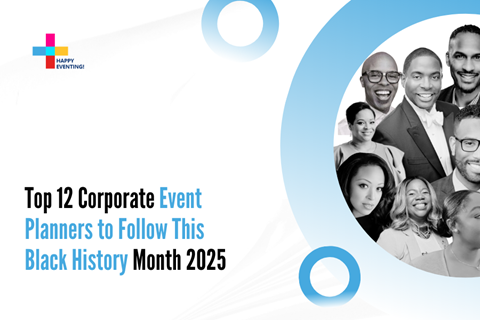

HSSSE - the acronym for health, safety, security, sustainability and environment is now on the mind of everyone in the event community. Health and safety have always been important aspects of event planning and management but they were regarded as compliance factors earlier. Now, event managers are looking at this as a strategic, long-term activity and assigning serious top management think time for planning and executing it well.
Why Health & Safety for events has become critical
Post the vaccine, in-person has shown a tentative tendency towards revival. In order for this trend to continue, the event industry needs to create processes that allow for a strict implementation of the hygiene and safety standards of government regulators. Being able to develop and implement such SOP’s will be essential for all event planners and organizers. Shared below are some important, practical and implementable tips that can go a long way towards making a sustainable strategy for your events.
In order to boost the revival of in-person events and kickoff phygital events, Eventcombo is launching its very own vaccination check app for event organizers! This app will allow event organizers to monitor and track which attendees are vaccinated prior to the start of the event.
Data, Data, Data
Event managers should collect essential attendee information such as their name, location, and contact numbers. These can also be stored on their RIFD bracelets so that they can easily be contacted in order to mitigate risk.
Communicate Safety Protocols
As an organization, your safety protocols for in-person events should be communicated to the attendees and speakers well in advance which saves time for in-event policing. These can include face coverings, social distancing protocols, PCR testing reports, or vaccine certifications, you name it!
Meet with the Venue’s Emergency Operations Coordinators or Planning Team
Every venue has one and this is imperative to do for in-person or phygital events moving forward. With a venue planning team, you can develop protocols and contingencies to address various COVID-19 related problems that could potentially occur during an event and how to address them.
Utilize the Power of Media
Hosting a successful phygital (physical + digital) event is not enough. People need to know about the success of your event so that they can incorporate it into their future events, thus making way for a new event sustainability strategy. Use social media to your advantage and show people what a great phygital event looks like, and how they can have one too.
Be Mindful of CDC Guidelines
The CDC has updated its state-by-state policies for events, which every event organizer must be mindful of going beyond in order to evaluate risk levels and to have key actions to prevent the overall spread of the virus.
Bonus Tips
There are many ways you can incorporate health and safety into your event sustainability strategy.
Having A/V configurations, AR/VR for events, interactive floor plans for advanced event planning, and having an active chat feature for interaction between attendees and staff during events are exciting and interesting new features to incorporate. These factors may seem small, but in the bigger picture, they reduce the risks that come with the new world we live in and enhance the event experience for all.
So, what’s your favorite amongst these?

Networking is one of the most valuable ways to discover boundless opportunities and for 77.7% of business professionals , in-person conferences open a greater scope to make rewarding connections.

When planning a healthcare fair, the goal goes beyond booking a venue and sending out invites. You’re creating an event that brings together healthcare professionals, researchers, and exhibitors, all seeking value and...

Diversity and inclusion are at the heart of the events industry, where planners are focused on creating experiences that bring together people from all walks of life.